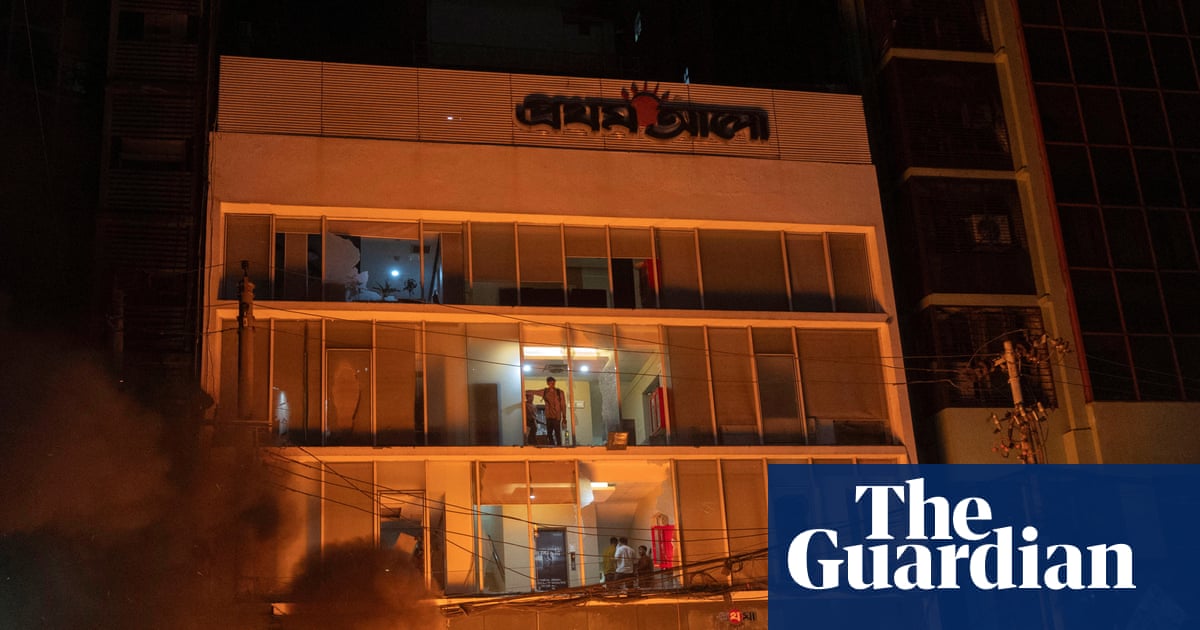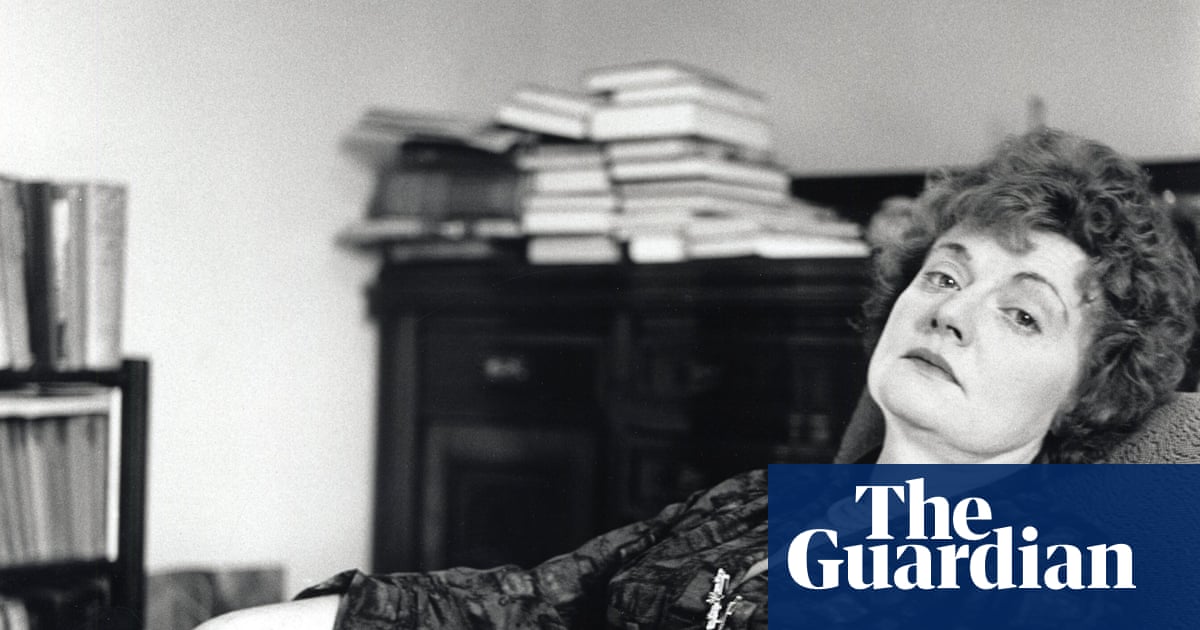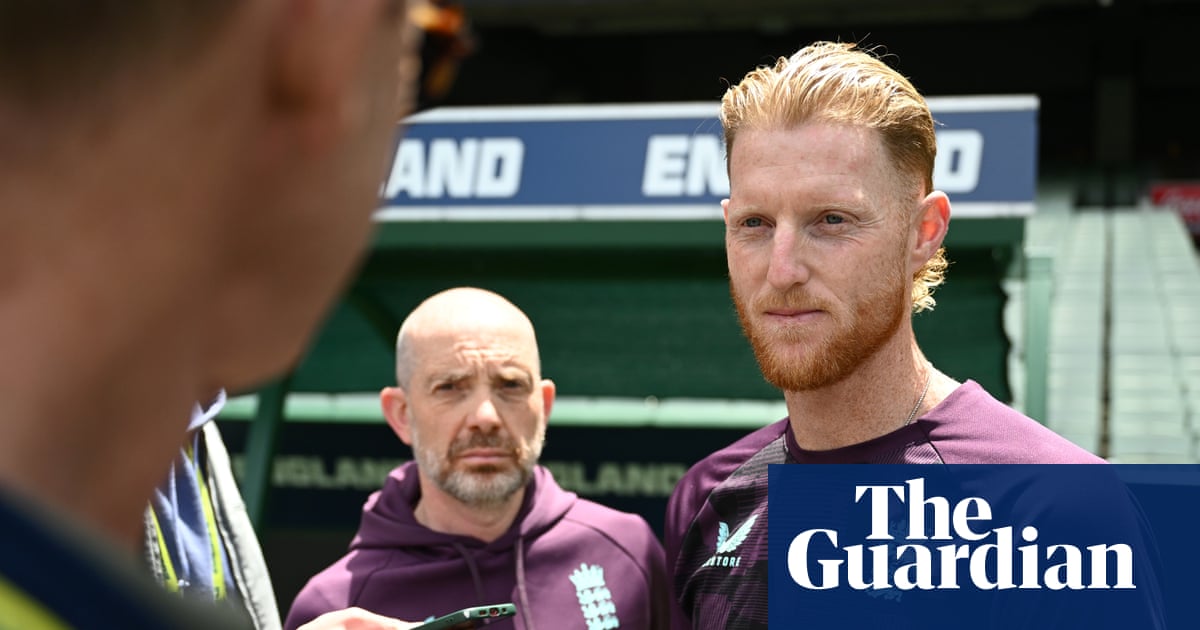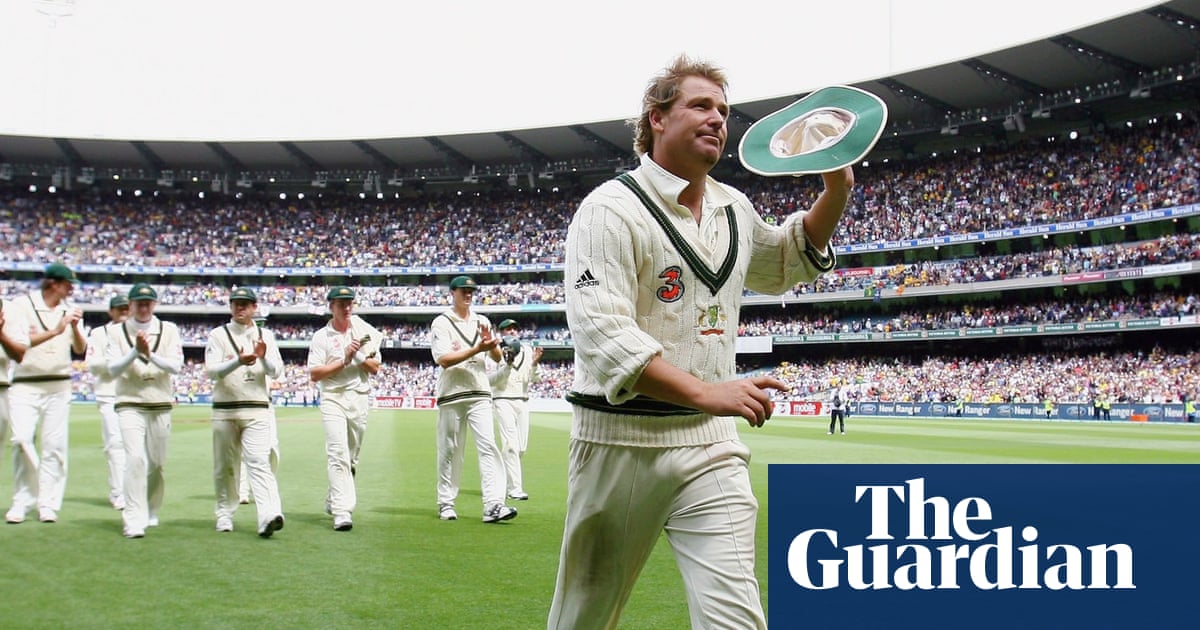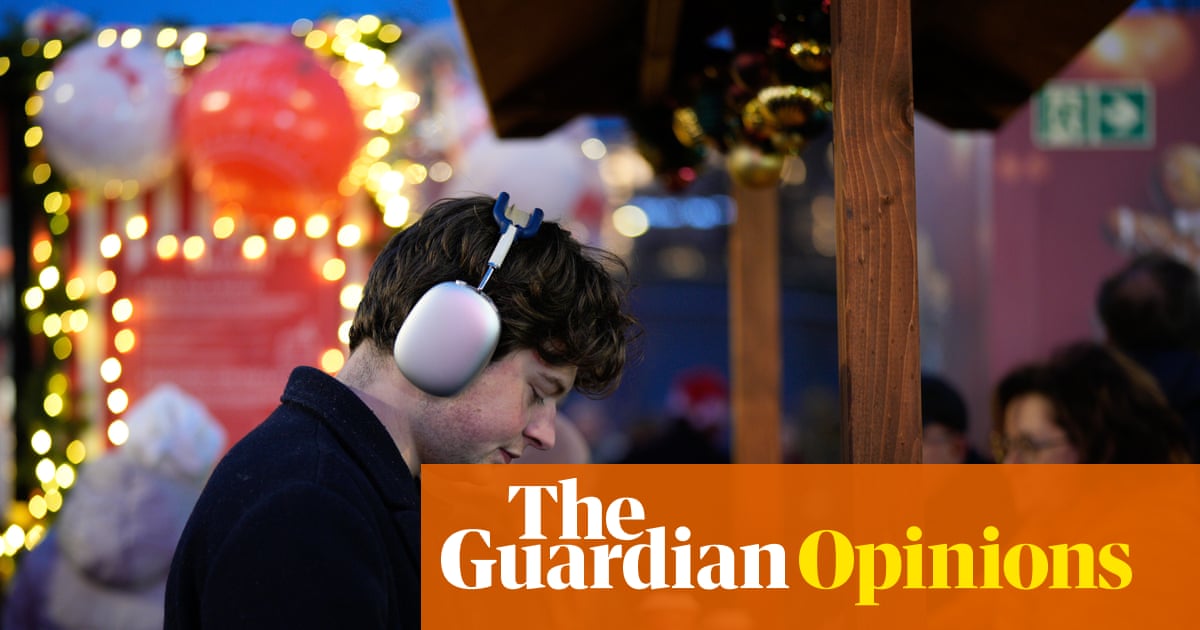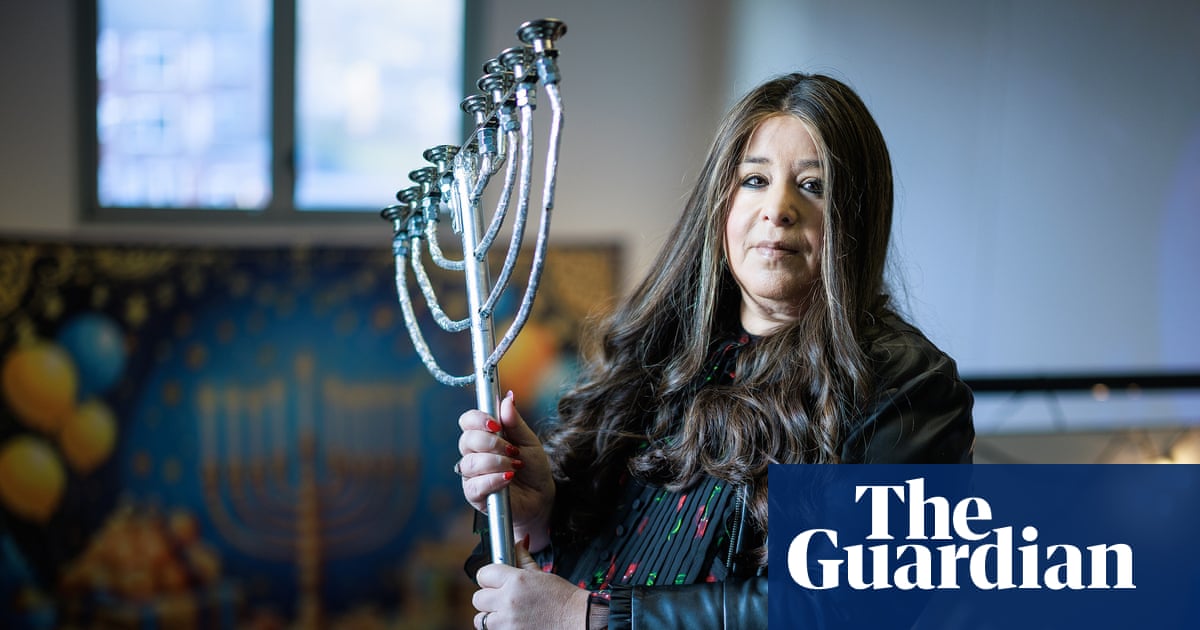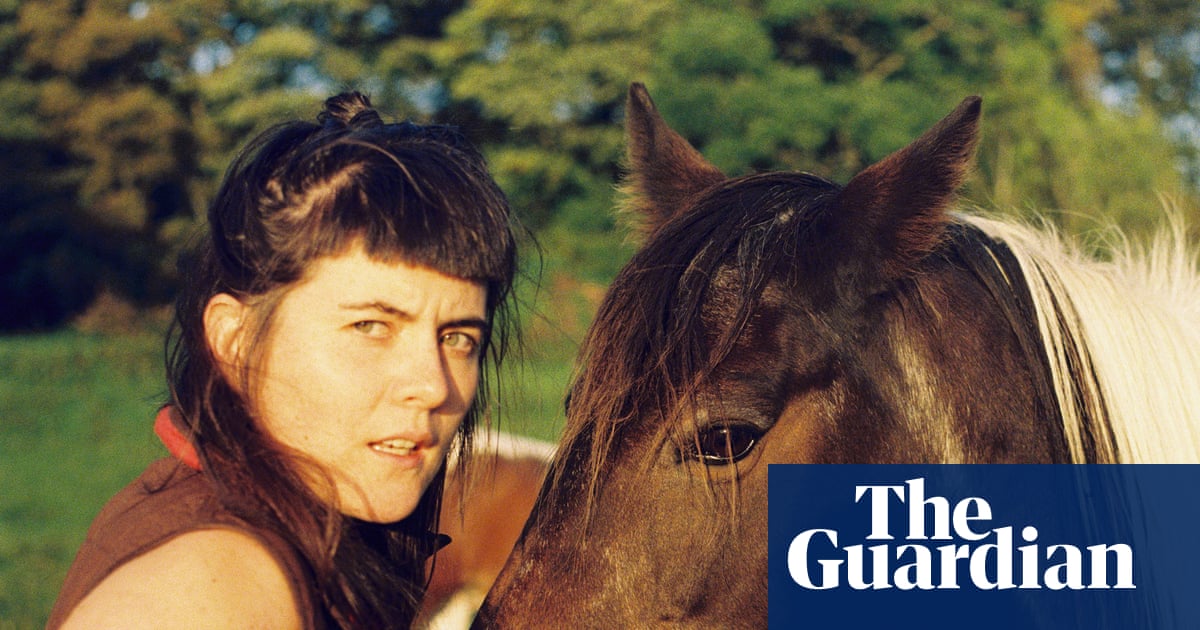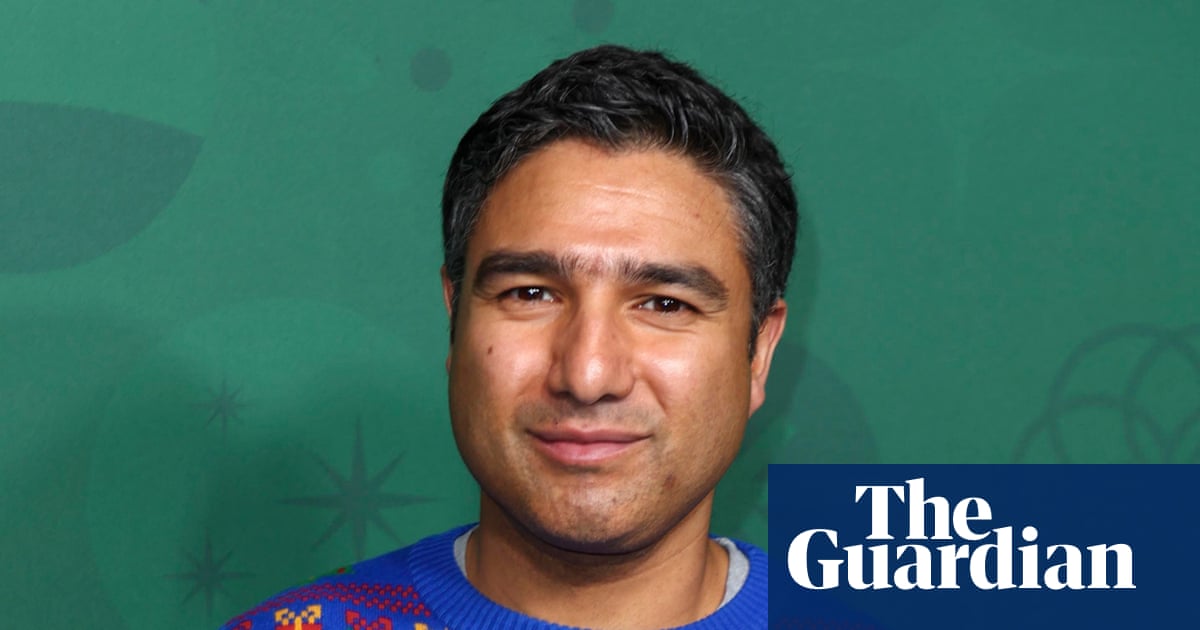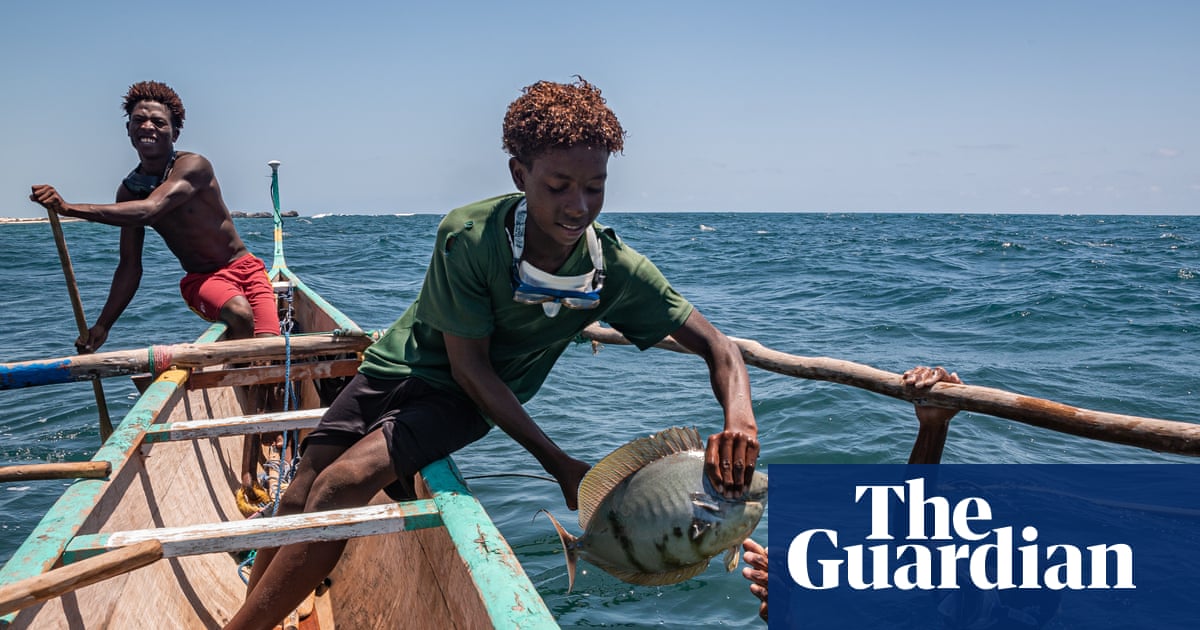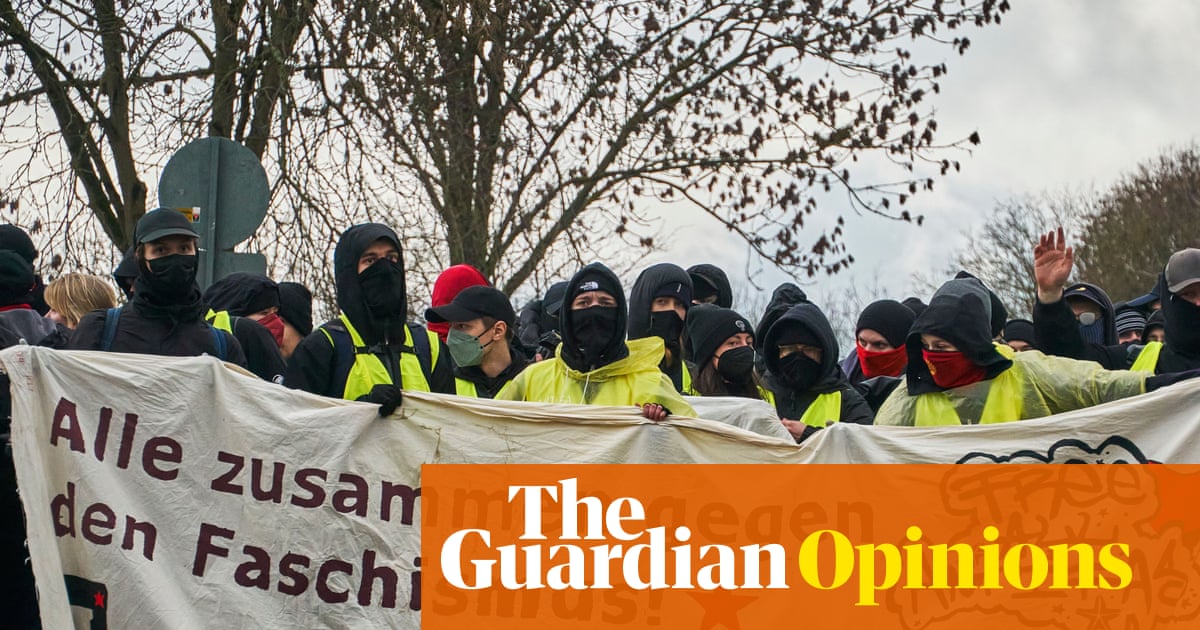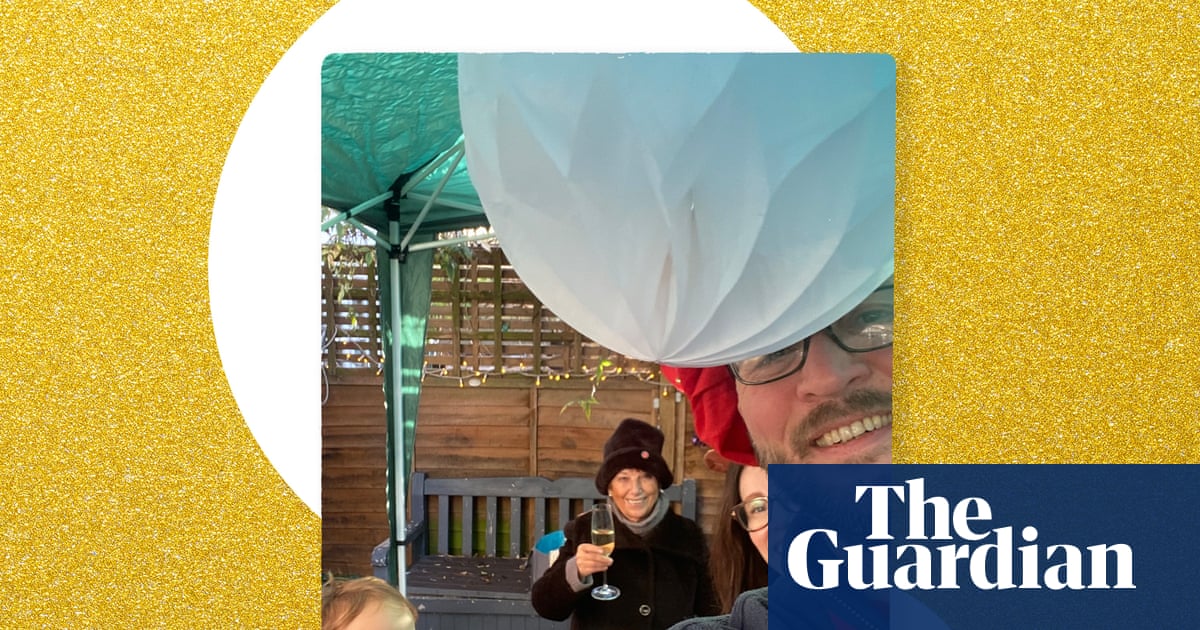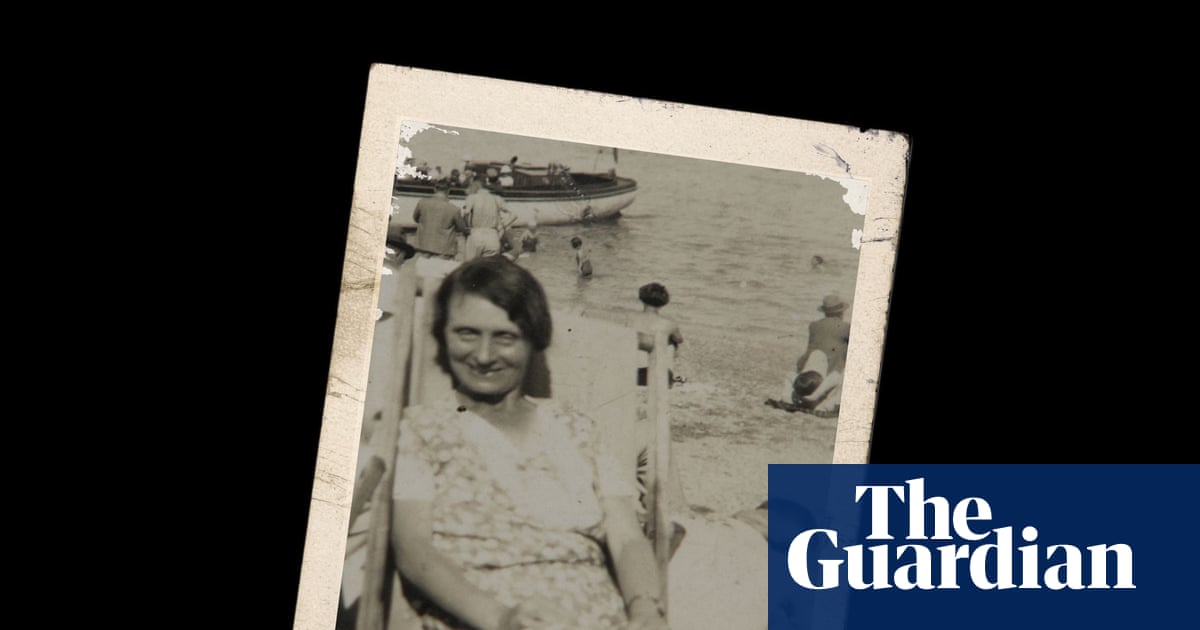On the bus making its way through Kerala to the misty hills of Vagamon, a group of 15 women, many wearing hijabs and dupattas, with colourful shirts pulled over jeans, hum a melodious tune, clapping and swaying in rhythm.
Once off the bus, the women start their hike through the lush tea plantations. Reaching a peak, they stop to face out over the vast valley, link hands and sing a hopeful song about newfound freedom.
This is India’s first “divorce camp”, founded by 31-year-old Rafia Afi for women who are divorced, separated, widowed or suffering in their relationships to come together at a healing retreat. “The idea is to normalise divorce and give it dignity,” she says.
“Divorce can be beautiful too, when two people decide they do not want to be together,” Afi says. “I want to remind people it doesn’t have to mean the end of your whole life.”
Her own divorce last year pushed Afi to slowly “embrace” being on her own. “I started creating content on social media, speaking about healing and single parenting. Many people connected with that and began messaging me.
“It was disturbing to realise that not everyone had a support system like I had with my family and friends; most of them faced judgment and couldn’t speak up,” she says.
It sparked the idea of Break Free Stories, divorce healing camps designed to build a community of women who could connect with others going through similar experiences.
Afi has been documenting the camps in Kerala, from the backwaters of Alappuzha to the fishing port of Kozhikode (also known as Calicut), on social media. Two-day nature-themed retreats, held a few weekends each month, accommodate 15–20 women from different backgrounds and cost upwards of 1,700 rupees (£15), though Afi offers a few free spots for those unable to pay.
Each camp begins with games to break the ice before moving into activities such as hiking, dancing and music sessions.
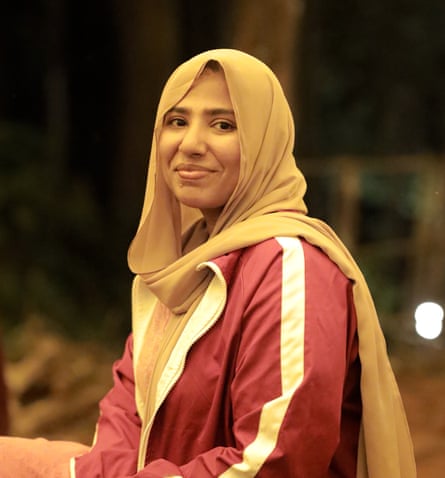
“Once the women feel comfortable with each other, we have storytelling sessions and healing conversations in a safe, non-judgmental space. We also talk about becoming financially independent. By the end of the camp, the women rebuild and reclaim their stories, and strangers become friends,” Afi says.
Zaki J, a musician and lawyer, was initially invited to conduct music sessions at the camp, but he realised that many participants, particularly survivors of domestic violence, were looking for legal advice as well.
“I started conducting legal sessions to bridge that gap. Many blamed themselves for breaking up their families by contemplating divorce; the objective is to break societal norms around gender abuse and educate every woman on her rights, divorce and safety laws.
“My mother died at the hands of my father. That pushed me to become an advocate to fight a case against him,” he says. “I want to help others take the right step at the right time.”
According to the most recent National Family Health Survey to be published in India, 32% of married women aged 18-49 reported domestic violence. Women are routinely put under pressure to remain in abusive marriages, even as dowry- and marital violence-related deaths continue to make headlines.
after newsletter promotion
Afi says: “Suicides and murders linked to marital abuse are happening all around us, and I want parents to realise that walking out of a bad marriage is an act of courage.
“Too many people see separation as shameful, choosing death over divorce. Society romanticises silent suffering and that’s dangerous – I want to change that narrative.”
Many of the nearly 150 women who have attended the camps so far say the experience has been transformative. Surya Kalarikkal says: “My marriage was traumatic and the divorce difficult. I had forgotten how to smile from the heart. But at the camp, we cried, we laughed, and I let out all my emotions for the first time in 15 years.
“We realised that divorce can be freeing. I found the courage to take legal action if anyone defames me as a divorcee. As we checked out of the hotel, we felt like freshers, without any stigma.”
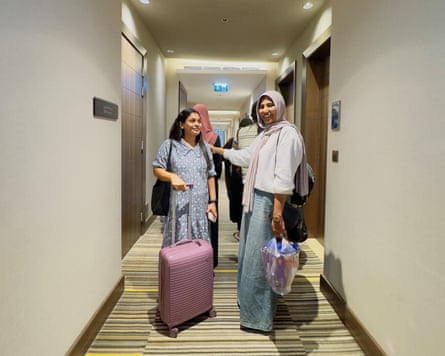
Another participant, Shifna (who requested only her first name be used), says that hearing others’ stories of suffering has made her feel less alone. “Earlier, I was gloomy and depressed. I now feel motivated to move forward with my life. Within a day, we became like sisters, and stayed up the whole night talking.
“We continue to meet on weekends. Such camps are important to help women leave toxic relationships and change attitudes. It will inspire others who are afraid to come out,” she says.
So popular are the retreats that expansion is on the cards. “I have many requests for camps from women in cities like Bengaluru and Mumbai and plan to [set up] some camps there. I’m working on more content in English,” says Afi.
Each weekend comes with a takeaway for her, too: “When women hug and thank me at the end, and then keep in touch with each other even after the camp, I feel stronger.
“Divorce is not an end, it’s a beginning,” she says. “That’s the message I want to share.”

 3 months ago
46
3 months ago
46


